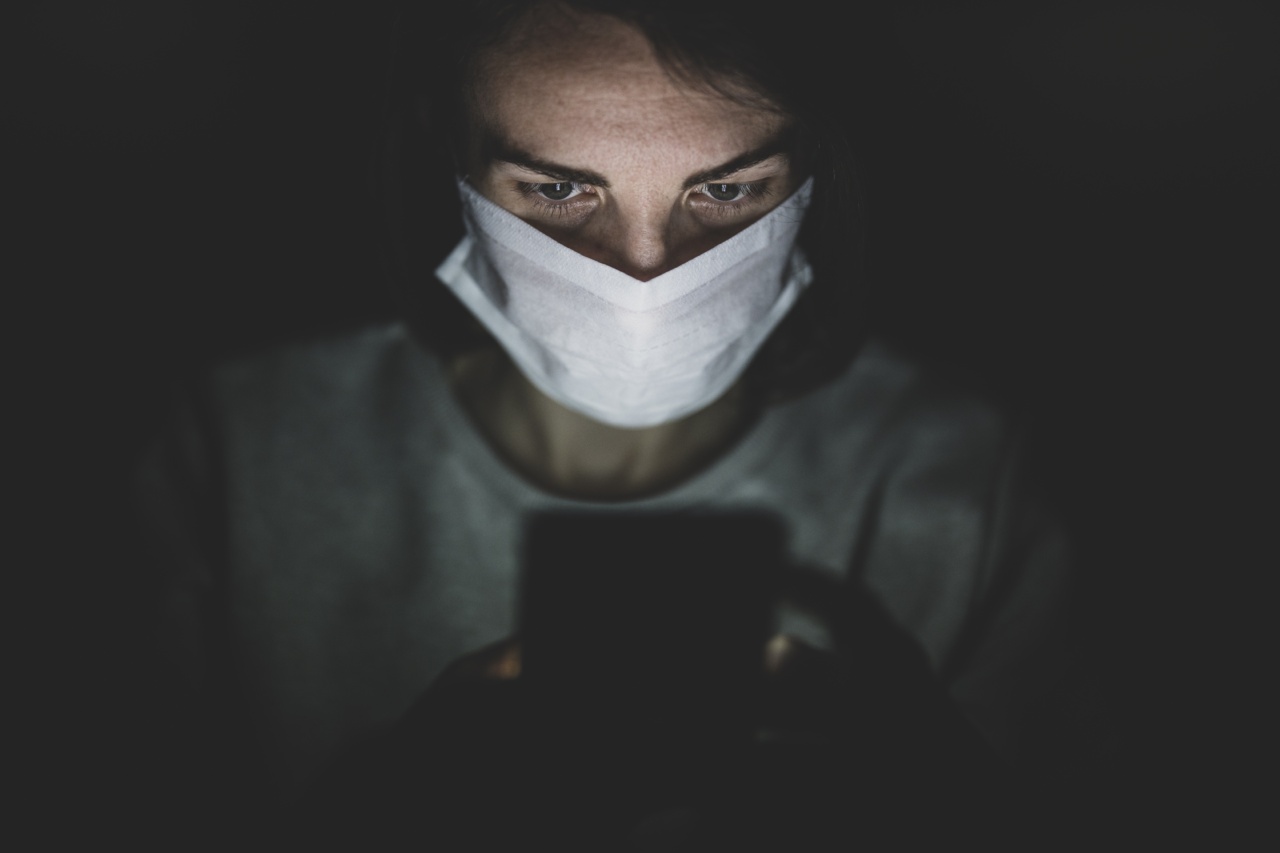Anxiety is a common mental health condition that affects people regardless of age, gender, race, or socioeconomic status. It is a feeling of worry, fear, and apprehension about the future that can be overwhelming and impair the ability to function.
While a plethora of studies have been conducted on the relationship between anxiety and brain function, how lesions in the brain contribute is still a topic of interest in the scientific community. This article will explore the anxiety symptoms in patients with brain lesions.
What are Brain Lesions?
A brain lesion is an injury, disease, or damage to the brain that can affect its normal functioning. There are different types of brain lesions, such as tumors, infections, and traumatic brain injuries.
A brain lesion can occur in any part of the brain and can cause a wide range of symptoms depending on its location.
The Link Between Brain Lesions and Anxiety
Studies have shown that there is a link between brain lesions and anxiety. Some researchers have suggested that the biological changes caused by a lesion in the brain can lead to feelings of anxiety.
Others have proposed that brain lesions can cause psychological changes, which can result in anxiety.
One study found that patients with lesions in the prefrontal cortex (PFC) of the brain exhibited higher levels of anxiety and depression than those without lesions. The PFC is involved in decision-making, planning, and inhibitory control.
Therefore, the disruption of its functioning can lead to feelings of fear, worry, and apprehension.
Another study found that lesions in the amygdala, which is responsible for processing emotions, can lead to increased anxiety.
The amygdala plays a key role in the stress response, and damage to this area of the brain can cause overactivation of the fear response system.
Types of Anxiety Symptoms
Anxiety symptoms can vary from person to person and can be categorized into physical symptoms and psychological symptoms. The physical symptoms of anxiety include:.
- Rapid heartbeat
- Breathing difficulties
- Sweating
- Nausea or dizziness
- Trembling or shaking
The psychological symptoms of anxiety include:.
- Excessive worry or fear
- Restlessness or irritability
- Trouble concentrating or sleeping
- Obsessive thoughts or behaviors
- Panic attacks or phobias
Anxiety Symptoms in Patients with Brain Lesions
The symptoms of anxiety in patients with brain lesions can be similar to those in patients without brain lesions.
However, some studies have suggested that patients with brain lesions may exhibit different anxiety symptoms depending on the location of the lesion.
For example, patients with lesions in the PFC may exhibit impairments in decision-making and planning, which can exacerbate feelings of worry and fear about the future.
These patients may also have trouble inhibiting their anxiety responses, which can lead to obsessive thoughts or behaviors.
Patients with lesions in the amygdala may exhibit exaggerated fear responses to stimuli that they associate with danger, such as loud noises or crowded spaces.
These patients may also have trouble regulating their emotions, which can lead to sudden outbursts of anxiety or panic.
Treatment Options
Treatment for anxiety in patients with brain lesions depends on the location and severity of the lesion, as well as the individual’s needs and preferences. Some treatment options may include:.
- Medications, such as antidepressants or anti-anxiety drugs
- Psychotherapy, such as cognitive behavioral therapy or exposure therapy
- Rehabilitation therapy, such as speech or physical therapy
- Complementary therapies, such as relaxation techniques or acupuncture
Conclusion
Anxiety is a common mental health condition that can affect patients with brain lesions. The symptoms of anxiety in these patients can vary depending on the location and severity of the lesion.
Treatment options for anxiety in patients with brain lesions may include medications, psychotherapy, rehabilitation therapy, and complementary therapies.





























